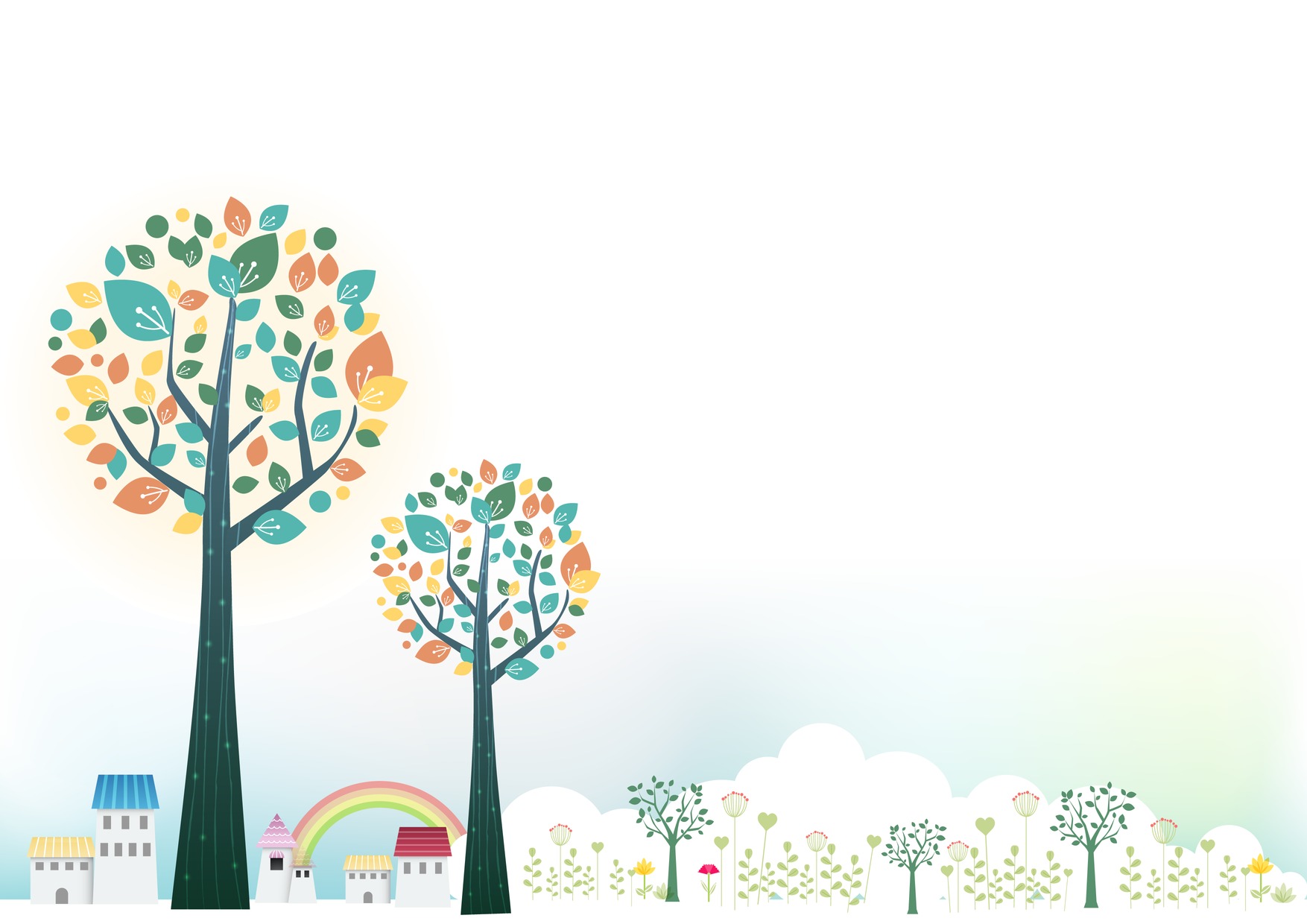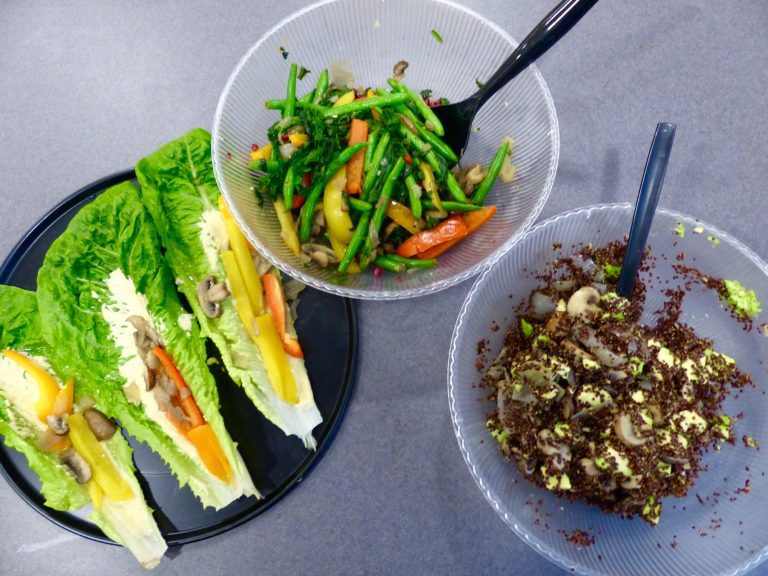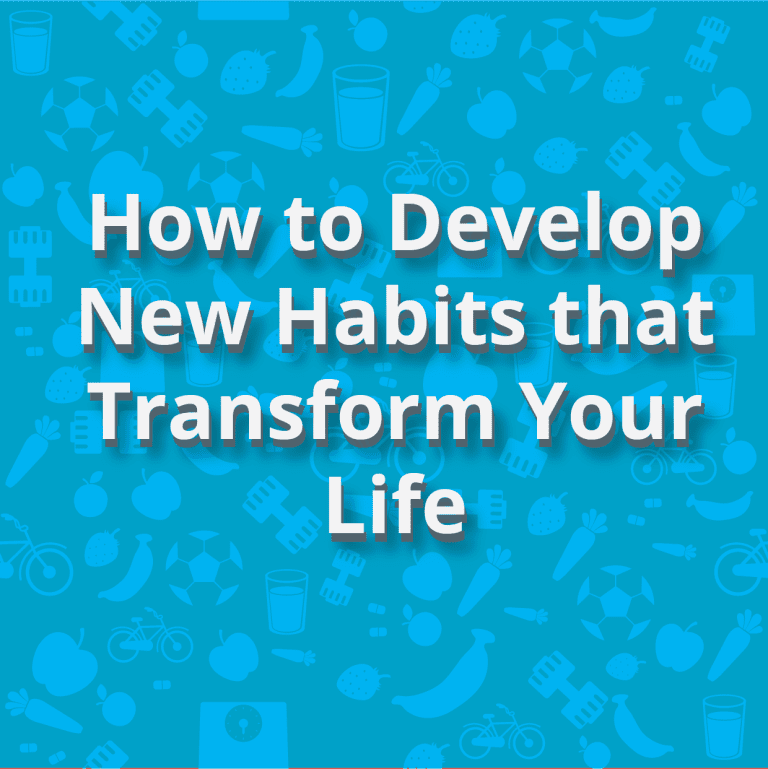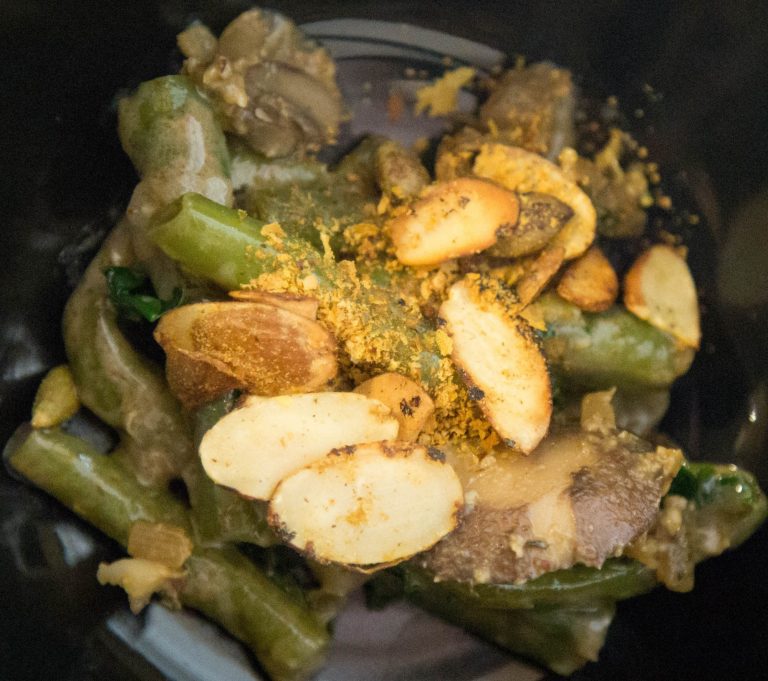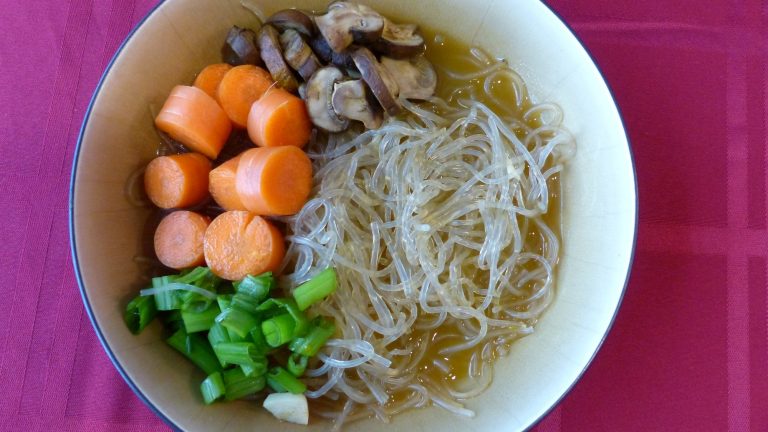Plants, Protein, and Eternal Happiness
August 3, 2017
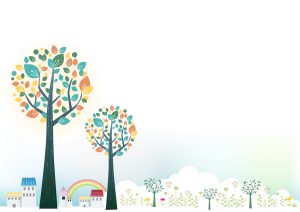
A recent study out of Australia shows what those of us who’ve switched to a plant-based diet already know.
Eating more fruits and vegetables, according to the research, appears to make you happier.
Which makes sense, right?
We’re designed to be happy. To be fulfilled. To have a purpose and follow that purpose to the ends of the earth.
So it only makes sense that putting the maximum amount of whole, organic, nutrition into our bodies would make us feel good. It’s like putting the perfect fuel into your happiness engine!
But one thing I hear all the time as a criticism of a plant-based diet is this: “But if I’m not going to eat meat, how am I going to get any protein?”
While I’m not sure where this myth came from, it’s been pretty effective in becoming a widespread belief. Look at any ad for places like GNC, and it’s not unreasonable to think that the more protein you can ingest, the healthier you’ll be.
The research, though, shows that this just isn’t true.
The research, though, shows that this just isn’t true.
To be happy, you need to be healthy. Download our free step-by-step guide to getting healthy… and staying that way! Click to download The 7 Habits of Highly Healthful People NOW!
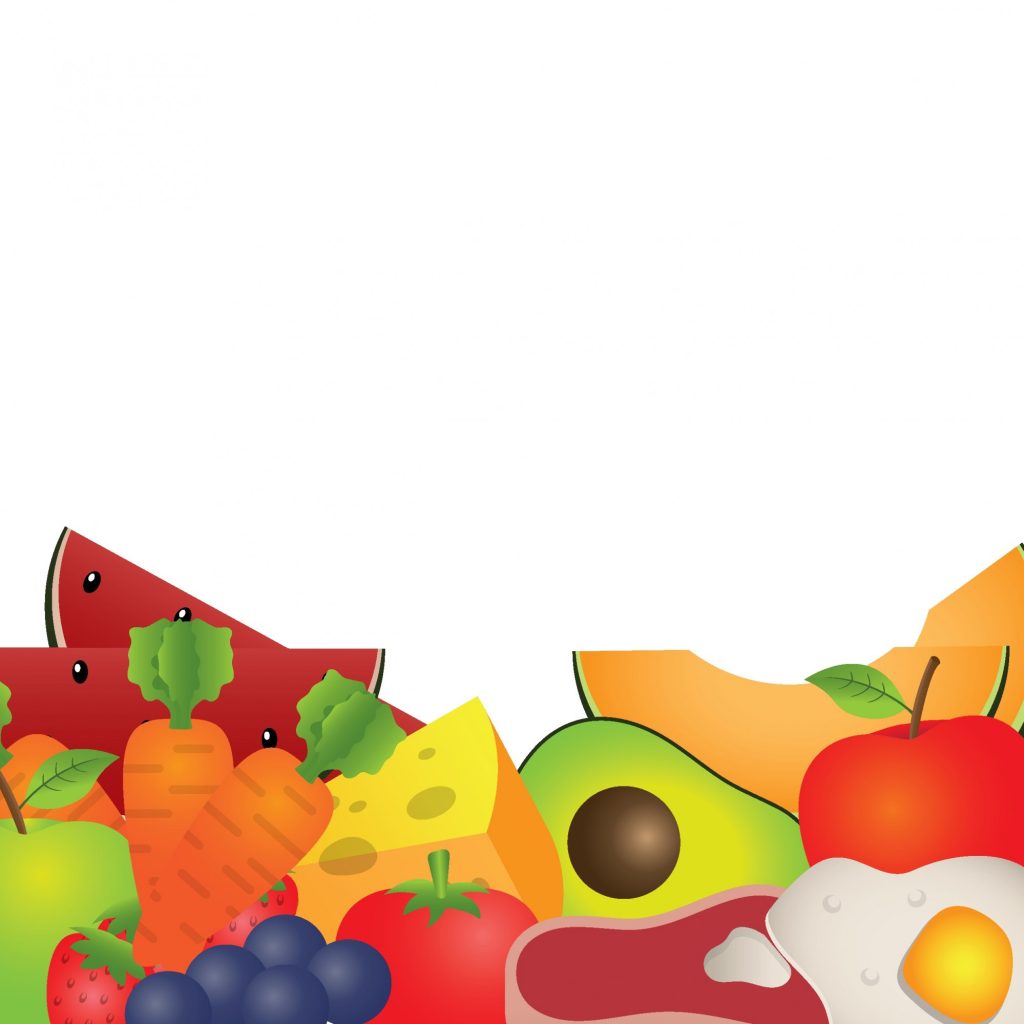
The Protein Myth
In fact, according to the National Health and Nutrition Examination Survey, Americans are consuming roughly double the recommended amount of protein daily. Men eat an average of 102 grams per day, while women eat 70 grams. The recommended daily allowance, though, is only 56 and 46 grams respectively.
So, yes, while we need protein to stay alive, the Standard American Diet delivers far too much.
But, that still doesn’t answer the question: How do you get enough protein from a plant-based diet?
Easy.
You can get plenty of protein from plants. The myth that protein only comes from animals is patently false. Just take a look at this list:
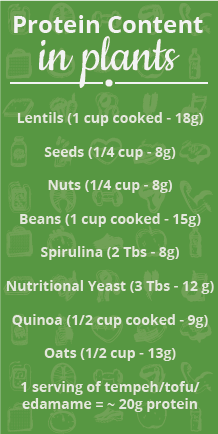
To put these numbers in context, here’s the protein content for a few animal-based foods:
1 egg – 6g
whole chicken breast – 54g
cottage cheese (1 cup – 27g)
non-fat Greek yogurt (6 oz. – 17g)
Again, the recommended allowance for each person is 0.36 grams per pound of body weight, which amounts to 56 grams per day for the average sedentary man and 46 grams per day for the average sedentary woman. So, looking at the plants on the list, clearly, it’s not going to take much of any of those foods to get the protein you need.
Plus, if you’re consuming too much protein, you run the risk of some serious health issues.
Too Much Protein?
For one, packing in the protein also packs in dangerous levels of nitrogen. And long term over-consumption of nitrogen can, among a number of other nasty effects, cause your kidneys to shut down.
Secondly, too much protein is going to make you fat. On average your body can only process about 30 grams of protein per meal. The rest of it is stored as fat—mostly belly fat, in fact.

And thirdly, people who eat a diet high in animal proteins, according to several studies published in the last decade, are 4 times as likely to die from cancer. A few years ago, in fact, the World Health Organization (WHO) actually classified processed meats as a Group 1 carcinogen— which means that they’re “very likely” to cause cancer.
So, the takeaway here ought to be that switching to a plant-based diet is good for you. And you should do it.
Your health—and happiness—depend on it.
Literally!
[Here’s how to bust belly fat for GOOD. Watch how now right here.]

